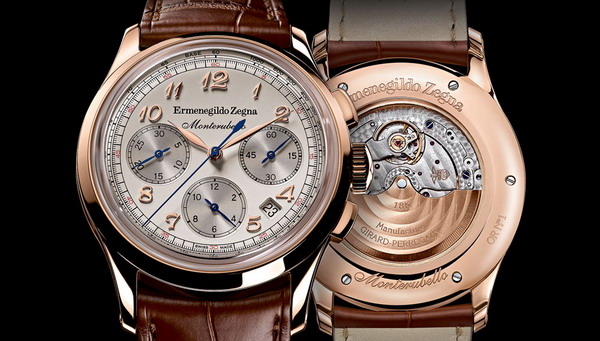A recent survey has revealed that there is reason to be optimistic about the spending patterns of affluent Americans. Ron Kurtz, President of the American Affluence Research Center presented the results of their Spring 2011 survey at the GNEX Shared Ownership Conference on 11 May. Kurtz was the keynote speaker at the conference.
The Fall 2010 survey from the American Affluence Research Centre is based on responses to a mailed questionnaire by 405 individuals with a minimum net worth of $800,000. These individuals belong to households with an annual income of $330,000 and an average net worth of $3.1 million. The survey is the 19th in a series of surveys focusing on the wealthiest 10 percent of American households. The maximum margin of error here is 5 percent.
The findings are an improvement over those of the Fall 2010 survey across the 17 products and services that were studied. One trend is that the affluent largely do not seem to have been put off by the series of discounts that were offered by luxury brands over the last few years to offset the effects of a weak economy. 60 percent said that the discounts did not affect their impression of the luxury brand, 25 percent purchased goods that they might not have minus the discount. Only 5 percent of respondents agreed that the discounts have lowered brand prestige. It is clear that the luxury consumer is willing to forgive occasional discounts provided this does not become a habit. Less than 20 percent had doubts about this recession-time practice. They questioned whether quality had been lowered and whether the earlier prices were justified.
As regards the question of discounted luxury brand items available online or via social media to ex-customers or via members-only sites, the reactions were similar. 65 percent of the surveyed group owns a smartphone or tablet; the remainder has computer access. 50 percent of the group, however, admitted to not using social media. Only 12.5 percent of the affluent use social media to get regular product information.
The latter could come as a surprise given reports of how fast the online luxury market is growing. Several luxury consumers (over 50 percent) are aware of Zappos.com, but only a few (10 percent) are aware of the 11 flash sales sites mentioned in the questionnaire. Perhaps this should not be terribly surprising. Over the years, it has been found that luxury consumers tend to be careful spenders who are picky about where they shop. Over the years, Target, Costco and Home Depot have been their preferred shopping haunts.
The survey also suggests that about 10 percent of the affluent will be considering purchasing a vacation home before a year is out. Wholly-owned homes that are used on a seasonal basis appear to be in greater demand than those that are in use all year round.
During an interview, Kurtz added that the top 10 percent wealthiest households in America may not have been financially hit by the recession, but they have been affected. However, he said that their spending attitudes are improving and that there is reason to be hopeful. Kurtz went on to say that there is “continued conservatism” in their manner of spending, but that this is now “tinged with optimism”.



